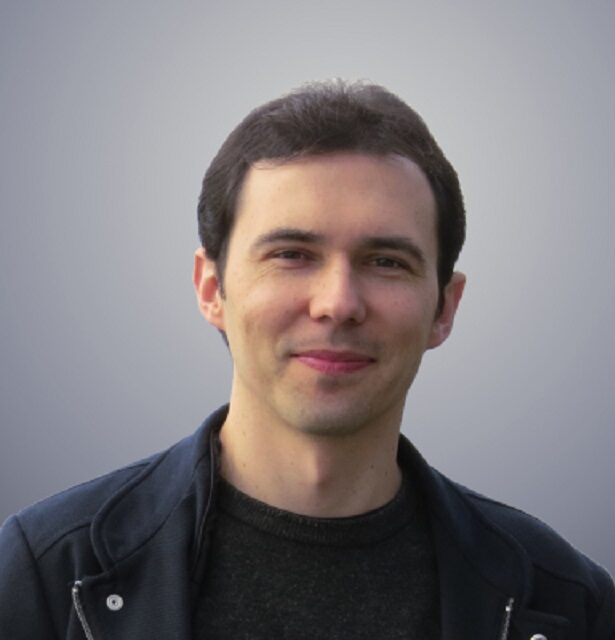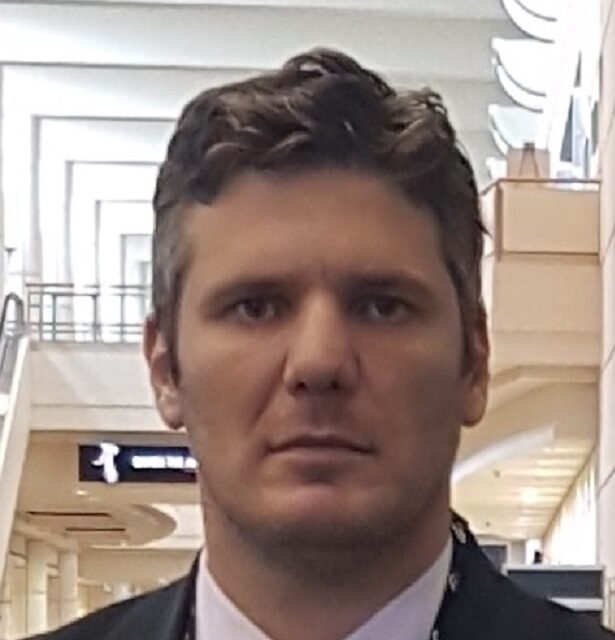Submitting papers to the Computing Track
You can submit your paper to one of the two sections of the SBGames 2022 Computing Track: Main Section or Poster Section
Main Section
This section is the traditional full-paper section of SBGames. We invite technical paper contributions that present original, unpublished research in any aspect of Computing for Games and Digital Entertainment. Manuscripts must be written in ENGLISH, up to 6 pages long (manuscripts with more than 6 pages will be liable to summary rejection). Manuscripts must be submitted electronically through JEMS system.
Accepted full papers will be published by an International Conference Publishing Service and will be available online at IEEE Xplore.
The authors of the best papers will be invited to submit an extended version of their works to special issues of two international journals: Entertainment Computing and Graphics and Visual Computing (the journal will be selected according to the topics of the papers). The extended manuscripts will be submitted to a new reviewing process. The SBGames conference chairs encourage authors to improve their extended versions based on the feedback of reviewers and participants.
If your manuscript only explores shallow aspects of computing, then you should consider submitting it to other SBGames tracks. Therefore, papers addressing game design, specific-style games, soundtracks, and digital art should be submitted to SBGames Arts & Design Track. Papers related to any cultural or social aspect of digital games should be submitted to the SBGames Culture Track. Papers on education should be submitted to SBGames Education Track. Papers addressing management, business, organizational, and operational aspects of the game and digital entertainment industry should be submitted to the SBGames Industry Track. In case of doubt about which technical track to submit, please contact the Program Committee Chairs.
Manuscripts submitted to the Main Section must strictly follow the IEEE style template in A4 format. The templates (Word, LaTex and Overleaf) are available at: https://www.ieee.org/conferences/publishing/templates.html (please, choose “A4” style and observe the 6-page limit).
Please do not reuse IEEE formats of previous SBGames conferences.
Please number your references in the order in which they appear. Citations must include full publication information, including all authors and DOI numbers when available. Please, see the IEEE Reference Guide for further guidance: https://ieeeauthorcenter.ieee.org/wp-content/uploads/IEEE-Reference-Guide.pdf
Attention: any deviation from the IEEE format will be liable to the manuscript’s summary rejection because inadequate formats (even with minor variations) compromise the entire publishing process.
Authors must adhere strictly to the Anonymity Requirements described below.
Poster Section
This is the traditional short paper section of SBGames. We invite technical paper contributions to this section that present ongoing innovative research projects under development, development from lab to industry applications, and general technical information in all areas of Computing for Games and Digital Entertainment. Undergraduate and graduate students are encouraged to submit their research projects.
The SBC Special Committee of games designed the SBGames conferences mainly to stimulate students, which is why the Posters Section is of utmost importance. They are the future creative forces that will change the industry and research in games and digital entertainment. Also, free and creative ideas are welcome because they represent future disruptive innovations.
Short papers must be written in ENGLISH, up to 6 pages long (manuscripts with more than 6 pages will be liable to summary rejection). Manuscripts should be submitted electronically through JEMS system.
Manuscripts submitted to this section must strictly follow the SBC style template. The templates (Word and LaTex) are available at: https://www.sbgames.org/arquivos/Template_SBC/
Please do not use the IEEE template for short papers.
Please notice that manuscripts written in English must include only the abstract in English (the Portuguese abstract must be removed from the template).
Attention: Any deviation from the SBC format will be liable to the manuscript’s summary rejection because inadequate formats (even with minor variations) compromise the entire publishing process.
Authors must adhere strictly to the Anonymity Requirements described below.
Anonymity Requirements
Once the review process of submissions will be double blind, authors must prepare their manuscripts without including any indication of their identities, previous published papers/products, or institutional affiliations. Author’s identities will be tracked only by the submission system, and visible only by one the track Chairs. The program committee members and referees who review the paper will not know the identity of the authors.
You must also be careful referring to related past work, particularly your own. For example, avoid mentions to your work as “In our previous work [X]…”, and prefer third person referencing as “In previous work [X]…”. Despite the anonymity requirements, you should still include all relevant work of your own in the references, using the above style (omitting them could potentially reveal your identity by negation).
It is the responsibility of authors to do their best to preserve anonymity. Papers that do not follow the guidelines, or otherwise potentially reveal the identity of the authors, are subject to immediate rejection.
Registration and No-show Policies
The authors of an accepted manuscript (FULL or SHORT) must present their work at the technical meeting. If they fail this presentation, the paper becomes a no-show paper.
The authors of an accepted manuscript (FULL or SHORT) must pay a full registration fee plus a publication fee. If they fail these payments, the paper becomes a no-registration paper.
No-show and no-registration papers (FULL or SHORT) will not be published anywhere.






